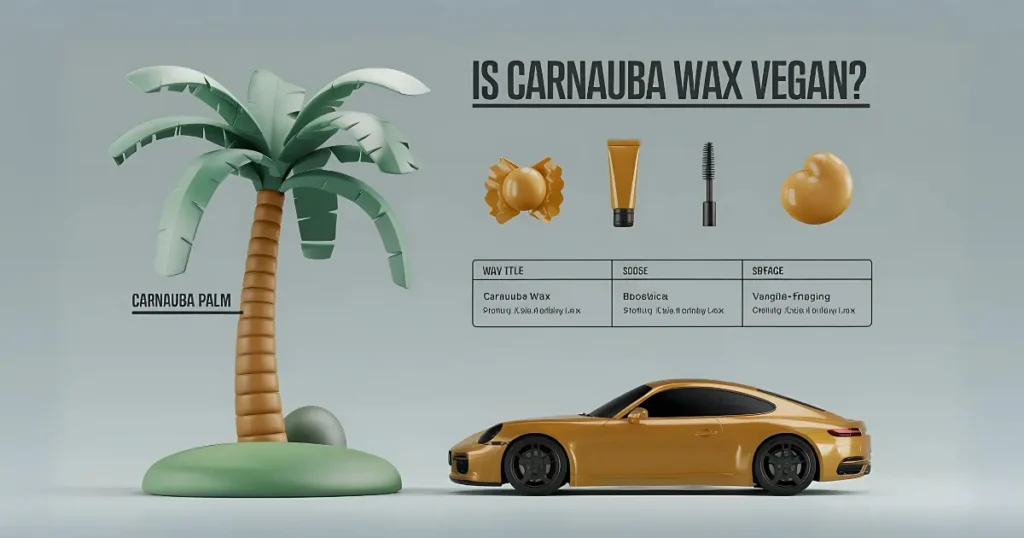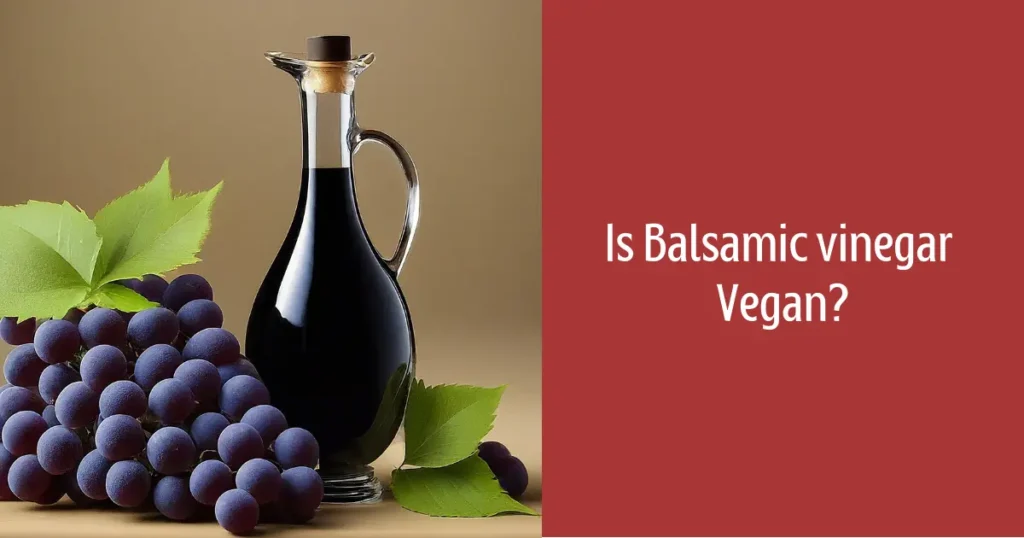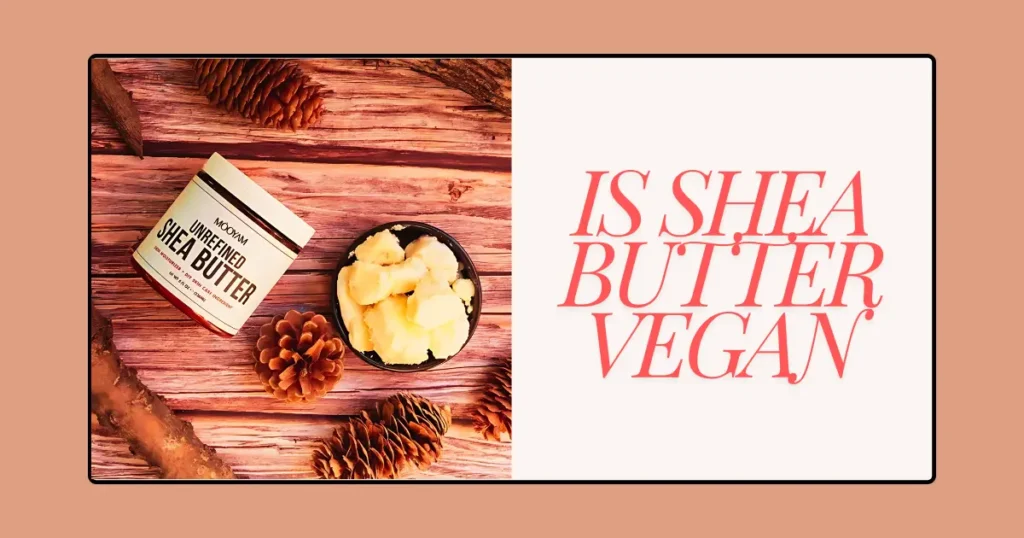Yes, carnauba wax is vegan. This natural wax, commonly found in products from candy to car polish, is derived from a type of palm tree in Brazil. Let’s explore why this plant-based wax is suitable for a vegan lifestyle and how it compares to other waxes used in everyday products.
What is Carnauba Wax?
Carnauba wax comes from the leaves of the Copernicia prunifera, a palm tree native to northeastern Brazil. When the leaves are dried and processed, they produce a hard, glossy wax. Known as the “queen of waxes,” it’s used in food, cosmetics, and industrial products due to its natural shine and durability.
How is Carnauba Wax Made?
The process of making carnauba wax involves gathering leaves, drying them, and then beating them to release the wax. This wax is collected, cleaned, and filtered into different grades. Each grade has its unique uses, but they all come from the same vegan-friendly process with no animal involvement.
Common Uses of Carnauba Wax
Carnauba wax’s versatile nature has made it a staple across various industries. Here are some common uses:
| Industry | Product Types | Purpose |
|---|---|---|
| Food | Candy coating, chewing gum, fruit | Adds a glossy, protective layer |
| Cosmetics | Lip balms, mascaras, lotions | Helps thicken and add shine |
| Automotive | Car waxes, polishes | Provides a long-lasting, glossy finish |
| Pharmaceutical | Pill coatings | Helps with pill swallowing and stability |
Is Carnauba Wax Used in Food Safe?
Yes, carnauba wax is safe for food use and is approved by the U.S. Food and Drug Administration (FDA). It’s commonly applied to candies and fruits as a shiny, protective layer. Since it’s plant-derived, it’s also compatible with vegan and vegetarian diets.
For more information on food safety, refer to the FDA’s guide on food additives.
Carnauba Wax vs. Other Waxes: What’s the Difference?
Not all waxes are vegan. Here’s how carnauba wax compares to other popular waxes:
| Wax Type | Source | Vegan-Friendly? | Common Uses |
|---|---|---|---|
| Carnauba Wax | Brazilian palm leaves | Yes | Candy coating, car polish, cosmetics |
| Beeswax | Honeybee byproduct | No | Candles, skincare, wood polish |
| Candelilla Wax | Mexican candelilla shrub | Yes | Lip balms, lotions, creams |
| Paraffin Wax | Petroleum byproduct | Yes | Candles, wax coatings, industrial uses |
Carnauba wax and candelilla wax are both vegan-friendly. However, beeswax is a byproduct of bees and is not considered vegan.
Why is Carnauba Wax So Popular?
Carnauba wax is popular for several reasons. It has a high melting point, making it useful for products that need to withstand heat. It also adds a natural shine and durability to products, which makes it ideal for cosmetics and automotive use.
Where to Find Carnauba Wax on Labels
When reading labels, look for terms like “vegetable wax” or “palm wax,” which often indicate carnauba wax. In the U.S., you’ll frequently find carnauba wax in candy, fruit coatings, and even certain beauty products. It’s generally labeled clearly, as it’s a recognized vegan ingredient.
Is Carnauba Wax Environmentally Friendly?
Carnauba wax is generally considered environmentally friendly, especially compared to petroleum-based waxes like paraffin. It’s renewable, biodegradable, and doesn’t harm animals, making it a good option for eco-conscious consumers.
Final Thoughts on Carnauba Wax
Carnauba wax, derived from palm leaves, is a plant-based, vegan-friendly choice. It’s popular in food, cosmetics, and other industries, providing a natural shine and durability without any animal involvement.
If you’re looking for an ethical alternative, carnauba wax offers a safe, versatile, and eco-friendly option for a vegan lifestyle. For more detailed information, check out the USDA’s guidelines on food additives.




